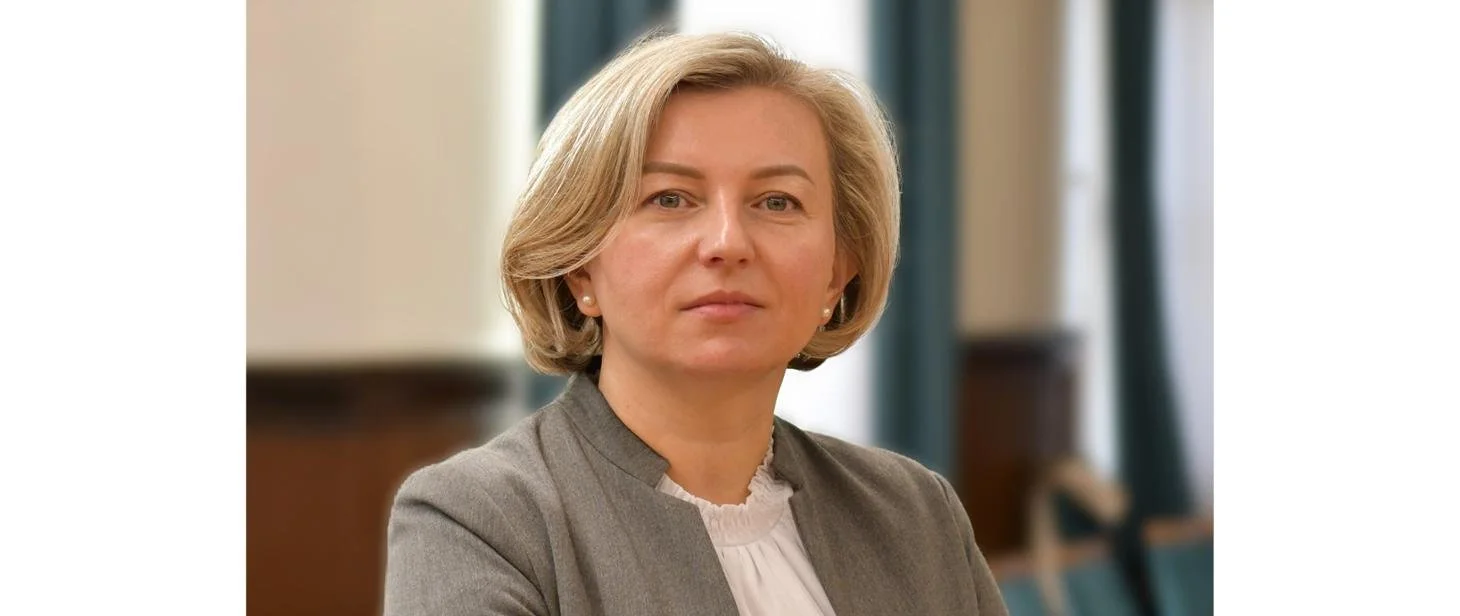Universidade Lusófona
Lusófona University is a leading provider of Film and media education in Portugal with campuses in the country's two main cities: Lisbon and Oporto. Lusófona is a comprehensive university with education and research activities across several
scientific domains from health sciences to engineering, from the social sciences to business and management. Arts and Media represent a core aspect of the university activity. The University has a very strong international profile that directly derives from its mission’s focus on the development of Portuguese-speaking countries, but also the high international profile of its education, research, and innovation activities. The University's key units in the domain of CCSI include the Film and Media Arts Department and the research unit CICANT – Center for Research in Communication and Media Arts. These structures are very active across the quadruple helix in the Iberian Peninsula region and in Europe and currently promote several projects targeting CCSI development in the region and the deepening of the relations between education, research, and innovation in CCSI in Europe. The University is a member of NEB – The New European Bauhaus, an active participant in several E+, Horizon, and EIT initiatives, and the coordinator of FilmEU European University.
Lusófona has strong expertise in qualitative audiences and market analysis and development of policy tools for the film industry, regularly producing commissioned research for the Portuguese government on cultural policies. The institution was in the past responsible for several studies on local audiences' aversion to locally produced films.
Research Themes
-
The objectives of this work package are: To ensure that the project is performed according to the agreed timeframe and the projected budget in accordance with the Grant Agreement; to manage project administration and reports to the European Commission; to give centralized support to the consortium and achieve the levels of quantity, quality, and interdependency as defined for the objectives and the deliverables of each work package; to engage in active dialogues and maintain efficient communication between the EC, consortium members, linked third parties and external partners. Keep all partners well informed about developments in order to make progress. Ensure that the principles and human rights are fully respected, and ethics, gender, and diversity issues are carefully considered.
-
To develop an innovative methodology that allows for uncovering the preferences of European film audiences and factors promoting and impeding their access to and engagement with films from small European countries to widen and diversify the audiences for these films;
To identify the structural factors impeding domestic and international audiences from accessing films coming from small countries. This implies looking at factors beyond audiences’ taste, i.e. socio-economic conditions; access not only as a technological question but also an economic, cultural, and literacy one; the key role of industry and cultural gatekeepers as well as sociability factors such as the communitarian dimension which defines the cinematic experience; To describe the “discovery paths” of domestic and international audiences about small countries’ films and the key moments/technologies/activities in that journey;
To define and test strategies and tools to attract new and international audiences to films coming from small countries. This includes the design of a dashboard of personas that represent the ideal target audiences for films from small countries across various groups and the development of methodologies and tools for audience engagement in contexts of co-creation and piloting of such solutions in small countries;
To support the development of business models and policy-related innovations in WP4 with evidence on audiences’ discovery paths, profiles, and individual motivations;
To promote the key role of small countries and their cinema as places of diversity and testing grounds of innovative ways of fostering audience engagement with European films;
To provide recommendations and policy scenarios aimed at increasing and diversifying domestic and international audiences’ engagement with small European countries’ films that can be included in the “State of European Film” in WP8.













